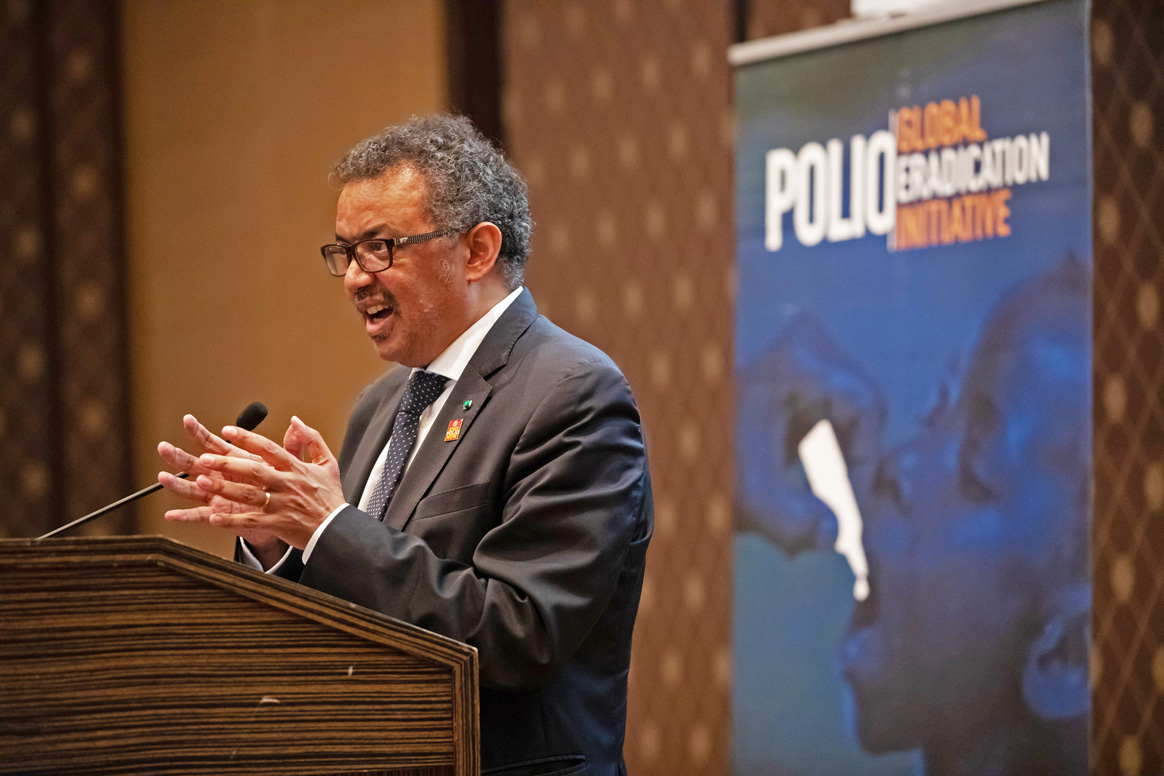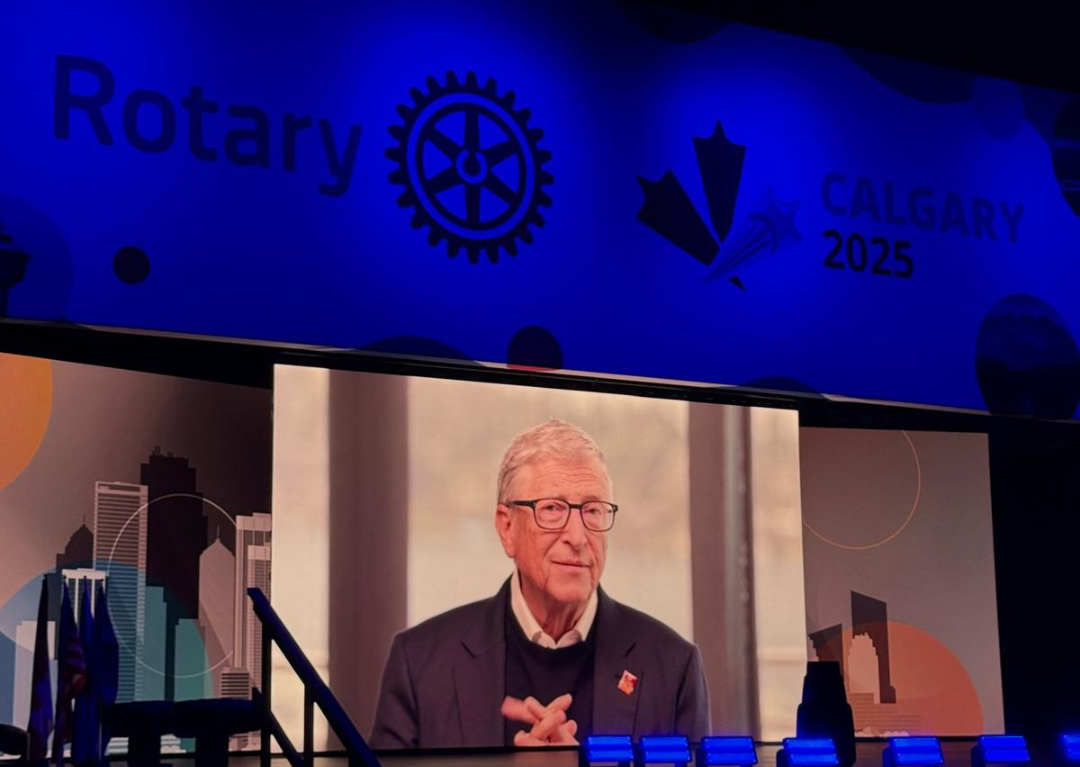Polio, peace and partnership

For the past three days, 19 000 health workers travelled from house-to-house in 14 provinces to reach 2.8 million children under 5 years of age in southern, south-eastern, western and eastern Afghanistan. The immunization drive is part of an ongoing effort to eradicate polio in Afghanistan, which is together with Pakistan, India and Nigeria the only country still affected by the disease.
“The eradication of polio in Afghanistan is tantalizing close, and yet we are still so far away;” said Peter Graaff, WHO Representative in Afghanistan at the campaign’s launch in Jalalabad. “I hope that 2010 will be a major step towards a polio-free Afghanistan.”
Three-and-a-half million doses of bivalent oral polio vaccine were required for this campaign, which is supported by UNICEF, WHO and other long-term partners, such as Rotary International and the Centers for Disease Control (CDC), Atlanta. “The progress that has been achieved so far was possible only thanks to the strong partnership that we have built over the past years,” emphasized Ms Catherine Mbengue, UNICEF Representative.
In 2009, six rounds of national immunization days (NIDS) reaching almost 7.5 million children took place. Four rounds of subnational campaigns (SNID) were conducted in areas where polio cases have been recorded, in order to stop the virus and prevent the disease from spreading to other parts of the country and across the border to Pakistan. Six rounds of NID and four rounds of SNID are planned this year.
Yet, despite ongoing efforts, circulation of the polio virus continues. Thirty-eight cases have been reported in 2009, seven more than the year before. Lack of community awareness and inadequate health infrastructure are among the major concerns. Population movement from polio-free areas to polio-endemic locations and vice-versa are another concern, especially along the border between Afghanistan and Pakistan. With the support of Rotary International, vaccination checkpoints have been set up at both sides of the border to make sure that children crossing into the respective countries are being vaccinated.
The first and foremost concern is insecurity. As access of vaccination teams to children living in conflict-affected areas is limited, an average of 100 000 children cannot be reached through either vaccination campaigns or routine immunization efforts.
“We should not forget that health is neutral. The right to vaccination is not being denied by anybody. Please do not only allow the immunization campaign to take place, but facilitate access for the vaccinators to your children;” pleaded Mr Graaff.
Ms Mbengue concluded the launching event with words of hope: “We can eradicate polio, with partnership and peace. Our efforts mean progress for the children of Afghanistan, Pakistan and worldwide – today and tomorrow.”
Photo and story from Cornelia Walther, UNICEF Afghanistan


